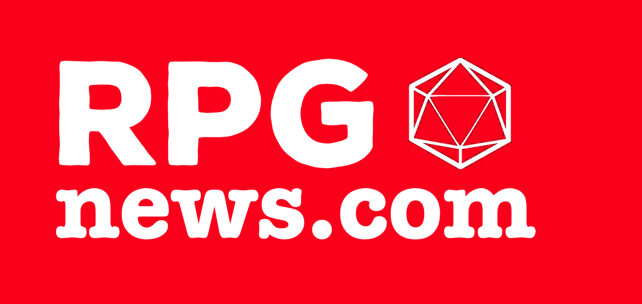“This is why the new novels die so quickly, and why the old fairy tales endure forever. The old fairy tale makes the hero a normal human boy; it is his adventures that are startling; they startle him because he is normal. But in the modern psychological novel the hero is abnormal.” G. K. Chesterton (1874-1936)
The debate over the fundamental nature of the hero has endured for centuries. As noted by author G. K. Chesterton (1874-1936), the appeal of the old fairy tale lies in making heroes start out as someone just like us. Conversely, Chesterton observed that the modern psychological novel often makes the hero abnormal. This distinction raises a perennial question for tabletop role-playing games: Are our heroes normal people or comic-book style superheroes?
This discussion continues a long-running inquiry into heroic identity, which we explored previously in discussions about whether heroes are born or made and how our perceptions of heroics have evolved from a black and white morality to shades of grey. Today, the focus is firmly on the question of normalcy.
What’s Normal, Anyway?
To clarify the terms, we can define normal as “conforming to a typical or expected standard, being usual, ordinary, or average, and free from defect or irregularity.” Abnormal, by contrast, simply means “deviating from what is normal or usual,” without necessarily carrying a pejorative meaning. Even within the definition of “normal,” there is a wide range; for instance, a person who is two meters tall is still within the realm of normal, though certainly an outlier.
Fantasy and Mundane Archetypes
Chesterton’s ideal of the “normal boy” is closely echoed by characters like Bilbo, Frodo, and Sam in The Hobbit and The Lord of the Rings. This is unsurprising, given that J.R.R. Tolkien was steeped in fairy tales and only a generation younger than Chesterton. It has been suggested that the hobbits, as a whole, represent normal people thrust into extraordinary circumstances.
Contrast this with Aragorn, who is born with a heroic destiny already assigned to him. Even so, he must apply bravery and dedication to achieve it, much like a gifted young athlete who must strive to become a star. Athletes themselves offer an interesting parallel to heroes, existing on both sides of the normal/abnormal spectrum. Players like Brooks Robinson became great through sheer hard work, while others start with exceptional gifts. Even an outlier like Mugsy Bogues, a 5’3″ NBA player in a sport dominated by larger athletes, can be seen as representing the normal among the abnormal.
From Normal Start to Abnormal Finish
How players and Game Masters approach character generation often dictates where a hero begins on this spectrum. Some GMs prefer to create “normal” characters by using dice-rolling methods like 3d6, forcing players to take abilities in the order rolled. Other GMs create “abnormal” characters right away by allowing players to generate far-above-average statistics or backgrounds. Even point-buy systems, like the one used in Dungeons & Dragons 5th Edition, might force characters to start as statistically normal, yet provide common pathways for them to become abnormal as they progress.
Regardless of their starting point, characters inevitably become abnormal at higher levels in many RPG systems, essentially becoming superheroes in a fantasy setting. This progression leads some GMs (myself included), to begin characters at higher tiers to ensure PCs are a little more extraordinary—and better able to survive—than a raw first-level character, even when using normal ability scores.
From the player’s perspective, this decision hinges on the method of engagement: vicarious participation vs. acting. A player engaging vicariously might try to maintain a sense of “normal” behavior, doing what they would do in a given situation. Conversely, they may act “abnormally” due to the freedom afforded by the game. If the player views their role as an actor, the expectations of the rest of the table will strongly influence the character’s level of normalcy.
In the end what’s “normal” is really defined by the group. Most players play fantasy role-playing games to be heroes. And yet the basics of leveling systems like D&D imply that the character must start out weaker to make the journey all the more enjoyable, so that there is a clear difference in power between starting and ending a campaign. Levels provide the structure for superpowers, but adventuring makes those characters superheroes.
Your Turn: Are the heroes in your RPG games predominantly normal, abnormal, or somewhere in between?
Read more at this site
